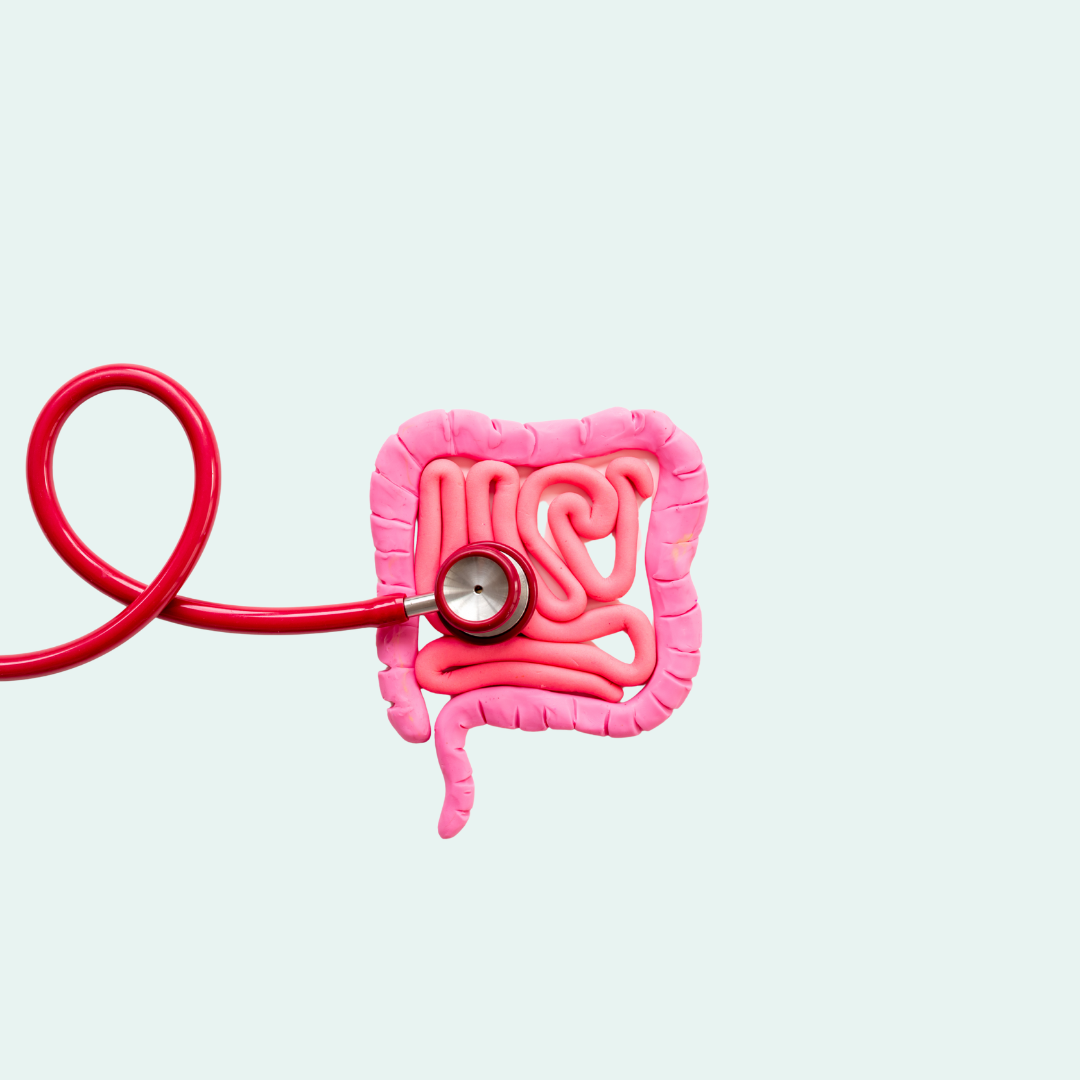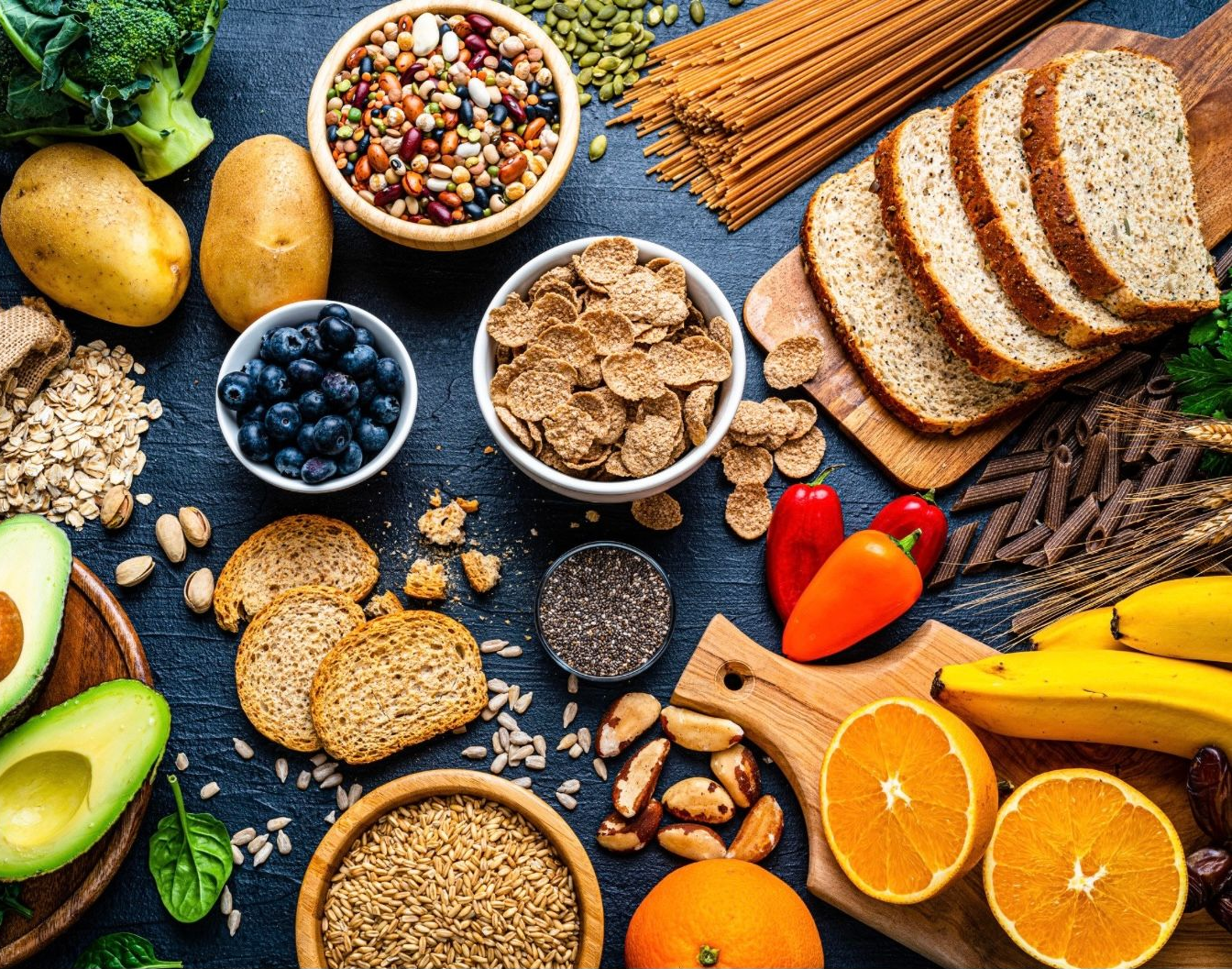I love traveling, extra time with my kiddos, and all the fun food and outdoor activities that come with summer. However, tucked in the back of my mind is always how far I’ve come on my health journey, and that I never ever want to lose the progress I’ve made or fall back into old inflammation-provoking habits. That doesn’t mean I don’t have fun, but I have set boundaries for myself within which to have fun. Remember bumper bowling? It’s kind of like that. Yes, it requires being a little creative sometimes or perhaps even slightly redefining what it means to “have fun,” but overall I leave every summer behind with no regrets and lots of fun memories.
Here are the “bumpers” I’ve set up for myself to keep summer fun without going off the rails with my health goals:
Your Summer Health Goals 'Bumpers' Guidelines
Moderation—I know, not glamorous, but a solid truth! Usually, I hear that alcohol intake is the toughest to moderate in the summer. More time spent at the pool and beach seems to directly correlate with increased alcohol intake. This one is tough, but to mitigate gut damage and weight gain related to free-flowing alcohol all summer:
- Rotate alcohol with water.
- Choose low or no-calorie beverages with no added sugar (think clear liquor + seltzer and lime)
- Dilute your drink with lots of ice and/or sparkling water
- Try a mocktail instead! My favorite “social drink” is kombucha (straight or on the rocks). If I’m feeling fancy, I’ll blend with sparkling water or a Craftsman Beverage mixer @craftsmansyrups, and garnish with fresh fruit (lemon, lime, orange).
- If weight management is a concern, only drink alcohol on a day you are active (ie laying by the pool for days on end drinking alcohol all day will likely cause weight gain unless you have significant muscle mass already).
Clean eating around restaurant adventures & kid's snacks:
Some clients tell me they eat at restaurants more while traveling during the summer, or they’re eating more of their kids’ snacks because everyone is together more during the day. To keep my food clean and my gut bloat-free, here’s what I do:

Lead by example with your kids
My kids eat what I eat (mostly)! I bring LOTS of veggies and fruit (kids can inhale some watermelon, am I right?) to the pool or beach. My kids are happy to eat cucumbers, carrots, grapes, and melon most of the time, especially when it’s hot!
I do pack some “healthy junk food” like organic chips, popcorn, Kind bars (5g of sugar or less), or Pirate’s Booty, but I don’t bring large quantities of these snacks (my kids are human and may give in to eating 3 bags of Pirate’s Booty if there aren’t other options).
Note: I don’t bring myself any of these snacks! I find they seem yummy, but I don’t feel full or satisfied after eating them (why I also limit them for my kids) and so I just avoid them. If you do love love love these snacks, bring yourself a portioned bag (not the family size from Costco) and enjoy it! But consider when eating chips and alcohol –alcohol will always be processed first in the body, so guess where the chips go? Into (fat) storage! Over time, this can mean weight gain which might not be worth the indulgence. Find what works for you, but I’d rather eat dessert or more rice with dinner than a bag of chips! I also bring several no/low-sugar beverage options like sparkling water, raw unheated coconut water, electrolyte stick packs (Seeking Health, Jigsaw, Ultima) for flavor, and replenishing minerals lost through sweat.
Restaurants
Plan your trips around healthy options. Don’t expect to stumble upon a healthy fast food joint. Seek them out and plan accordingly! Remember, this is where we have to be creative and flexible.
Eating well is a lifestyle, and yes sometimes it requires effort if you want the end result of a happy gut and waistline. When I’m able to pack food in the car, I absolutely do. This completely removes the stress of “where will we eat” and “WHAT will I eat.”
When that’s not possible, I use Google Maps' “near me” feature and apps like Find Me Gluten Free to cross-reference the best possible options on our route. Chain restaurants like Chipotle (burrito bowl), Panera (salad), and even Starbucks (boiled egg or hummus snack box) have decent options, but my favorite is to find small, local places that offer gluten/dairy-free options. You might be amazed at how many hidden gems there are out there—I’ll never forget one of the best brunches I ever ate was at a cool, local diner outside of Charleston, WV—not where I’d expect a gluten-free, farm-to-table meal!
More Planning: Incorporate activity to allow for extra calories!
Extra calories: Enjoy food on vacation, but staying active will support the metabolism of those extra indulgent calories. Yes, you can have the cookie. But if you’re going to have 5 cookies and a cheeseburger and fries and 5 alcoholic drinks for several days in a row, your pants might feel a little tighter when you come home if you’re not active on those days.
"I find I typically need more carbs on heavier activity days anyway, so I plan my desserts and drinks around those days as much as possible to make weight management easier. It’s not an obsession, just gentle, practical guidance to keep my goals in check."
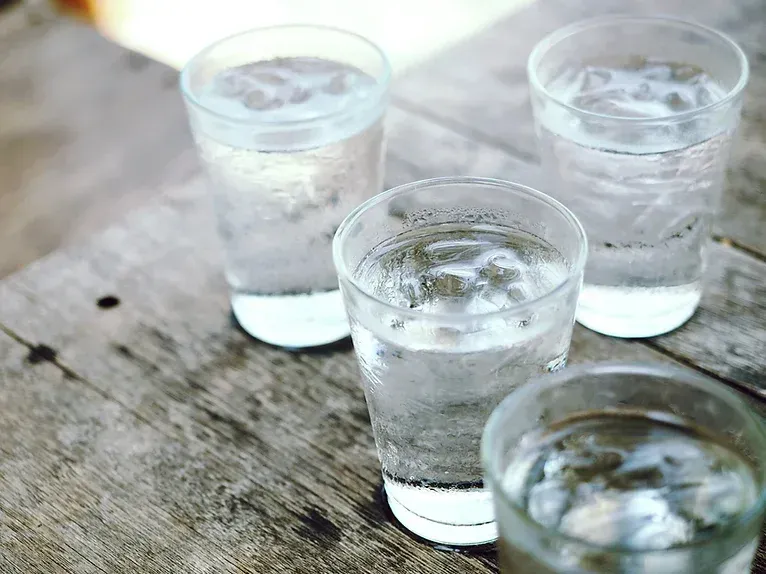
HYDRATE!
Hydration—probably goes without saying, but aim for about half your body weight in ounces of plain water per day. Coffee, tea, soda, and sparkling water don’t count. Other things to keep in mind:
- When exercising out in the heat and sweating for more than 45-60 minutes, add a serving of electrolytes to your water to replace what is lost through sweat. None of us (including our kids) need Gatorade or juice all day long—there is little to no nutrition in either. We need mostly water, but some electrolytes sprinkled in 1-2 times per day during longer/sweatier activity are appropriate.
- Fruits and vegetables are also a great way to hydrate! Foods like melon, cucumber, strawberries, oranges, broccoli, celery, peppers, zucchini, and cauliflower are all 80+% water and are easy to slice, store, and bring along on trips. Pair with a pre-portioned travel cup of hummus (Kirkland brand from Costco has clean ingredients and healthy oils) or mashed avocado, and you’ve got a healthy, hydrating, travel-friendly snack!
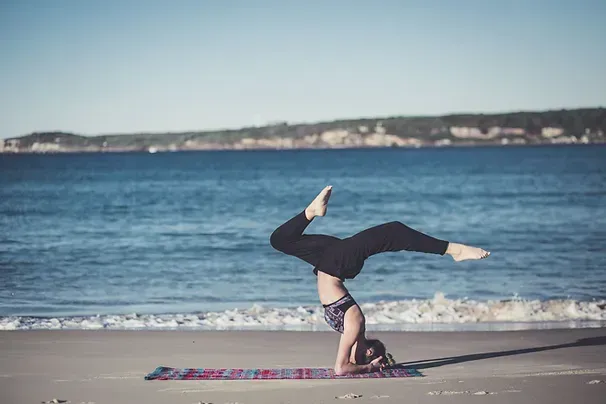
Locomotion—move your body!
Maybe your fitness routine looks a little different with more traveling, hot weather, and kids out of school, but you can still find ways to move your body and maybe even have a little more fun than on a treadmill or in a gym!
- Take a walk or a bike ride in your neighborhood, or a hike in the woods.
- Bring toys like a frisbee or volleyball to the beach. Have a swimming race or play catch at the pool with your kids.
- If you anticipate a busy day, start the day with 10 minutes of pushups, squats, and one or two 60-second planks for some muscle toning, then work in some aerobic movement throughout the day.
- Try a new sport that’s kid-friendly like badminton or pickleball.
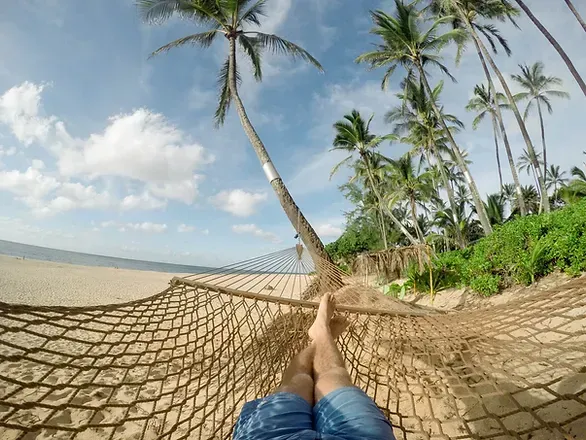
Rest & Relaxation
Relaxation—this is usually a common goal for most of us during summer vacation, but I hear clients tell me all the time they feel more tired afterwards! In this case, evaluate the above factors. Maybe vacation isn’t about consuming alcohol all day long, or eating “whatever I want.” I think it depends on your individual goals and situation, but I typically find a deeper sense of restoration and relaxation (as well as fewer surprises on the scale!) when I keep alcohol, sugar, hydration, and movement somewhat balanced during vacation.
- Try to stick to a regular sleep schedule. I love staying up late and sleeping in on vacation, but I find I don’t usually sleep well when I do this more than 1-2 days a week.
- Stay active on days including alcohol intake and/or extra calories from restaurant food and dessert.
- Travel with supplements as needed but it’s ok to take a break as well if that helps you relax. I typically bring a multivitamin, and digestive enzymes, and/or probiotics for myself and my kids, and leave everything else at home for shorter trips. If we’re traveling for more than 1 week at a time, I bring a few extras in case someone has an issue like ear/nose/throat congestion (Biocidin) or a UTI (d-mannose). It’s not uncommon for one of these issues to creep up on a trip, especially if we’ve been eating more sugar than usual, so I plan accordingly if I know there isn’t a natural food/supplement store nearby.
I hope these tips don’t sound too limiting or overwhelming, but actually empower you in knowing how to navigate your health even when it’s not easy or obvious!
I know I truly enjoy my time outdoors and traveling over the summer without totally going off the rails. I feel more free knowing I can be flexible with my eating and movement but still feel good, and also have some idea of what I can get away with 😉 , I hope you find balance for your life through all this information and have the best summer yet!
Come follow along my summer + tons of tips on Instagram @carolinafunctionalnutrition
Recent Blog Posts
Share this post!
About the Author
Rhya Pachin is a licensed dietitian nutritionist who employs an "integrative" approach to support overall health rather than addressing just one symptom. As a certified LEAP therapist, she designs and supervises custom elimination diets. Her focus areas include gastrointestinal conditions like IBS and IBD, autoimmune diseases such as rheumatoid arthritis and Hashimoto's, persistent weight issues, food sensitivities, and chronic inflammatory conditions in both adults and children.



